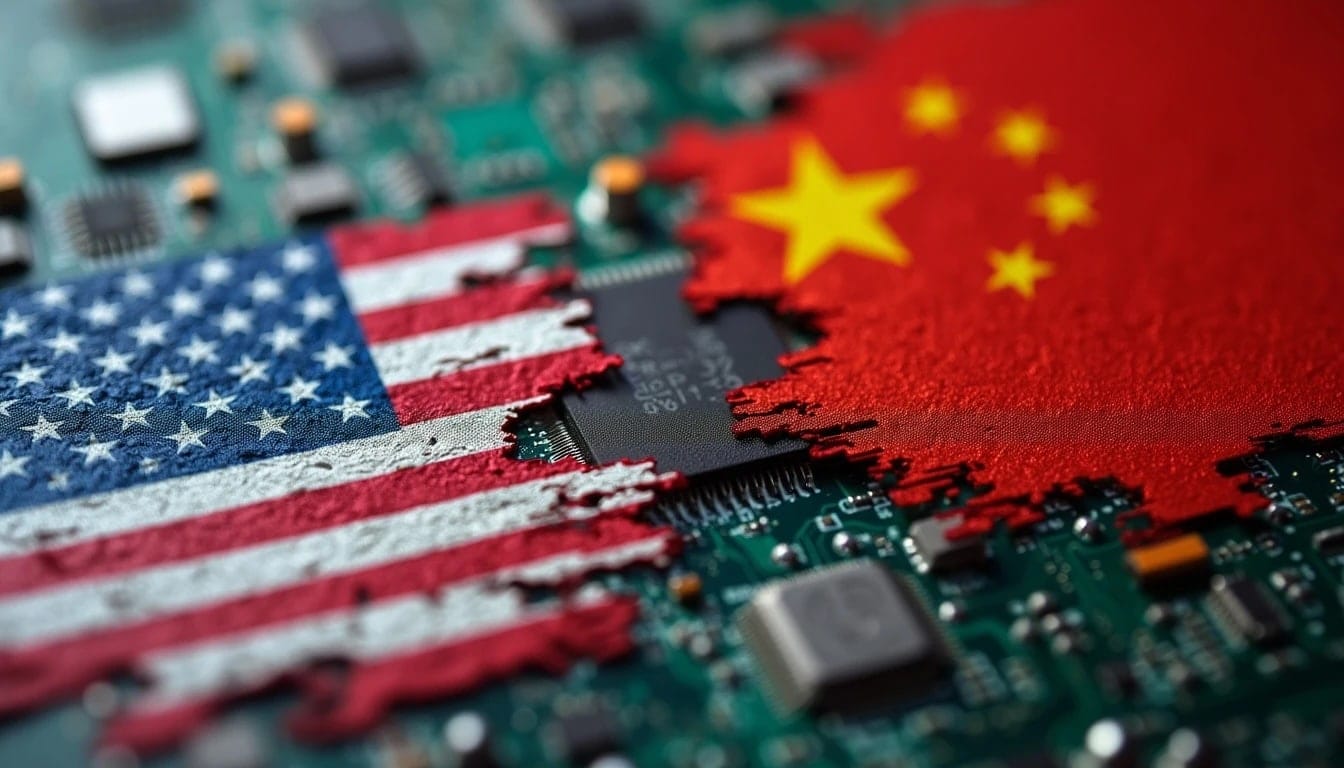China Telecom, one of the largest telecommunications companies in the country, has taken a significant step towards technological independence by developing and training two large-scale AI models using only chips made in China. This advancement highlights the country’s progress in its quest to reduce reliance on foreign technologies, particularly advanced chips from the United States, such as Nvidia’s latest generation processors.
The China Telecom Artificial Intelligence Institute announced that its open-source model, TeleChat2-115B, along with another undisclosed model, were trained with tens of thousands of locally produced chips. This development is especially relevant given the increasing restrictions imposed by the United States on China’s access to cutting-edge technology, including Nvidia’s latest GPUs, which are widely used in AI model training.
According to the institute, this achievement marks a milestone in the country’s self-sufficiency to train its own language models, similar to tools like OpenAI’s ChatGPT. They see it as the beginning of a new era in China’s technological innovation and its ability to remain competitive in the field of AI.
The second unnamed model features one trillion parameters, making it one of the largest and most powerful in the world in terms of complexity and power. In simple terms, parameters are the variables that an AI model uses to learn during training. The more parameters a model has, the smarter and more capable it becomes. TeleChat2-115B has over 100 billion parameters, also making it one of the most advanced models in the region.
Local alternatives to technological restrictions
Chinese technology companies have been working tirelessly to stay competitive in AI, especially amid trade restrictions imposed by Washington. While China Telecom did not specify which provider supplied the chips used in training the models, it is speculated that the company has worked closely with Huawei and its Ascend processors. Huawei, also under US sanctions, has begun testing a new AI processor with potential clients in China, positioning itself as a viable alternative to Nvidia chips.
Recent reports indicate that Huawei has been offering samples of its Ascend 910C processor to major server companies in China for evaluation, as well as internet companies that have traditionally relied on Nvidia technology. These tests suggest that Huawei’s Ascend chips are emerging as a solid option for Chinese companies looking to avoid dependence on Nvidia’s high-end GPUs, access to which is increasingly restricted due to US regulations.
In addition to Huawei, Cambricon, a Chinese startup, is also collaborating with China Telecom to supply processors through its State Cloud service, contributing to the diversification of hardware supply for AI models in the country.
The path to technological independence
The growing demand for AI models, combined with international restrictions, has prompted China to speed up the development of its technological infrastructure. Huawei’s chips and other domestic companies are emerging as viable alternatives to Nvidia GPUs, allowing the country to continue training its models without relying on the international market.
This advancement not only showcases China’s ability to maintain competitiveness in the field of artificial intelligence but also its determination to reduce vulnerability to foreign technological sanctions. The evolution of the Chinese chip industry will be crucial for the future of AI technology in the country, and China Telecom’s achievement represents a significant step towards that goal.
Source: SCMP

